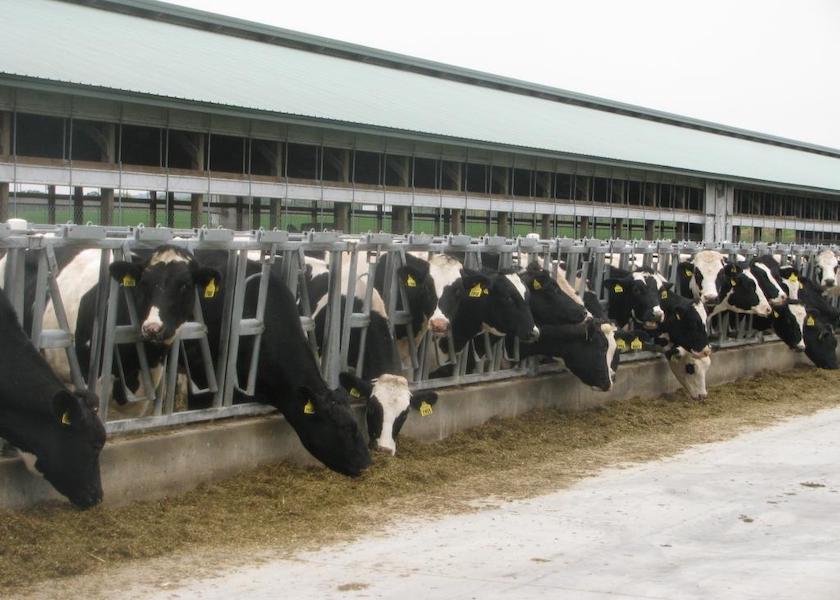Guidance for Drafting Heifer Contracts That Stick

Using the services of a contract heifer raiser, or working as one, requires clear communication, as well as legal protection. Well-written legal contracts protect both parties in a business relationship by laying out the terms and details of transactions.
To achieve the best-quality replacement heifers, Penn State University dairy Extension specialists recommend a full contract that sets a comprehensive fee for the grower to raise heifers for a specific length of time.
While this type of contract takes more effort to consider and specify every expense within the defined rearing window, it also helps ensure growers will return high-quality heifers to the dairy in a timely fashion. Alternatives such as a daily “per-head-per-day” charge could result in poorly grown heifers raised on cheap feedstuffs. Paying “per pound of gain” might produce fat heifers but that doesn’t necessarily mean they are well-prepared for healthy calving and lactation.
In addition to compensation details, Penn State University dairy Extension specialists recommend considering:
- Expectations of the dairy, including colostrum delivery, navel dipping, identification and vaccination.
- How death loss is defined, and at what threshold each party bears responsibility for it.
- Which party maintains cattle insurance.
- Vaccination protocols and who pays for the vaccines.
- Breeding management, semen selection and expense responsibility.
- Clearly defined growth goals.
- Performance reporting expectations.
- Management of BVD testing and BVD-PI-positive animals.
- Expectations and protocols for genomic testing.
- Authority for grower to reject animals on arrival.
- How lack of payment will be rectified.
- Terms of visiting/inspecting animals (i.e., any time, or by appointment).
- Arbitration plans if conflicts arise.
Contracts should be revisited at least annually. It also is advisable to use legal counsel to draw up the final document to ensure all parties agree to the terms and the contract is in keeping with state laws.







